While people across the country are being encouraged to use electronic identification to use online public services more conveniently, scammers have quickly turned this into a new “bait”. Taking advantage of the authorities and the lack of vigilance of the people, they have launched a series of fake applications to steal personal information and sophisticatedly appropriate assets.
Impersonating police, forcing people to download apps to... "help identify"
According to a warning from Kon Tum Provincial Police, recently there has been an extremely dangerous scam, in which criminals take advantage of the name of the authorities to lure people into installing a series of fake applications, thereby stealing personal data and using it to borrow money and open illegal bank accounts.
Specifically, the subjects often impersonate local police officers and call people in Kon Tum province with the excuse of requesting to update level 2 electronic identification for relatives. These calls often have a tense, threatening tone and create psychological pressure, making the listener easily lose their guard and follow the instructions.
UC Browser app. (Photo: Yicai Global)
After gaining trust, they ask victims to download some applications such as “UC Brower”, “Public Services”, “DICHVUCONG-QUOCGIACC”, “VED”... with the reason of supporting identity verification. However, these are all fake applications, containing malware to take control of the device and steal sensitive information.
Not stopping there, the scammer also asked the victim to provide a portrait photo, a photo of the citizen identification card, and perform biometric authentication... From this data, they proceeded to create a loan application at financial companies, with an amount of 50 to 100 million VND in the victim's name, and at the same time opened an online bank account to receive the disbursement.
As soon as the money was in the account, the scammers immediately transferred it to many intermediary accounts to erase the traces, making the investigation difficult. The victims only discovered the incident when they were notified by the finance company of bad debt or received debt collection calls.
Ms. LTH (38 years old, residing in Dak Ha district, Kon Tum) suddenly received a call from a person claiming to be a local police officer, asking her to help make a level 2 electronic identification for her younger brother who is living in Ho Chi Minh City. Because the caller had a serious voice and a phone number similar to the local police switchboard, Ms. H. did not suspect anything and followed the instructions.
She was asked to download an app called “DICHVUCONG-QUOCGIACC”, provide her ID photo, face and biometric verification. A week later, she received a notification from a financial company about a 70 million VND loan in her name. At this time, she realized she had been scammed, but the loan application had been approved and all the money had been withdrawn.
Mr. NVP (24 years old, living in Kon Tum City) received a call from a stranger saying that his father was doing the citizen identification procedure but was missing a verification step, asking him to download the "VED" application for support.
Believing him, Mr. P. sent a photo of his ID card, recorded a video to verify his face, and entered the OTP code from the bank requested by the other party. In just 15 minutes, the entire amount of more than 32 million VND in his savings account was withdrawn. When he went to the bank to complain, he was informed that his account had been linked to many e-wallets and made unusual transactions.
Warning from experts
Faced with the above situation, the Department of Cyber Security and High-Tech Crime Prevention recommends:
- Absolutely do not install applications of unknown origin upon request from strangers, even if they claim to be from authorities.
- Do not provide personal information, CCCD images or perform biometric verification through unofficial applications.
- If you discover you have been scammed or have any suspicions, you should immediately report to the nearest police station for timely support.
People should share this information with relatives and friends to raise their vigilance and avoid becoming the next victim of this increasingly sophisticated and reckless scam.
Recently, the Ministry of Information and Communications (MIC) has deployed a call identification service (Voice Brandname) for 732 phone numbers belonging to state agencies. When receiving calls from identified numbers, people will see the agency name displayed directly, helping to reduce the risk of being scammed. The Ministry also warns that if people receive calls from numbers such as +03, +05, +07, +08, +09 but the identification name is not displayed, they should be cautious and not follow the requests from these calls.
Voice Brandname calls will display the brand name or trademark on the receiving device. Calls to the customer's device will display the brand name instead of the usual phone number. (Photo: Cong An Nhan Dan Newspaper)
Speaking to reporters of Knowledge and Life Newspaper , lawyer Nguyen Ngoc Hung - Head of Ket Noi Law Office (Hanoi Bar Association) said that the rapid development of the 4.0 Industrial Revolution, science and technology and the comprehensive digital transformation process have brought many benefits to society. However, this also means that high-tech crimes are increasing with increasingly sophisticated and organized tricks, causing serious damage to individuals and organizations.
Legally, the act of creating a fake application with an interface similar to a "public service" portal to trick users into installing it has used technological and technical tricks to defraud, steal, and appropriate other people's information and property. According to Clause 1, Article 3 of Decree 25/2014/ND-CP, high-tech crimes are socially dangerous acts prescribed in the Penal Code using high technology. High-tech crimes are currently classified into the group of crimes in the field of information technology and telecommunications networks from Article 285 to Article 294 of the Penal Code 2015 (amended and supplemented in 2017). Specifically, offenders can be prosecuted for the crime of using computer networks, telecommunications networks, and electronic means to commit acts of property appropriation as prescribed in Article 290 of the Penal Code 2015 (amended and supplemented in 2017). The penalty for this crime is quite severe, ranging from non-custodial reform for up to 3 years to imprisonment from 6 months to 20 years, depending on the extent of damage and the nature of the case. In addition, the offender may also be fined from 20,000,000 VND to 100,000,000 VND, banned from holding certain positions, practicing a profession or doing certain jobs from 1 to 5 years, or have part or all of his/her assets confiscated.
Decree 25/2014/ND-CP also defines other violations of the law using high technology as violations of the law using high technology but not to the extent of criminal prosecution. Accordingly, in cases where the violation does not have enough elements to constitute a crime, it can still be subject to administrative sanctions. Based on the provisions of Clause 2, Article 81 of Decree 15/2020/ND-CP, violators of the act of using the network to appropriate property can be subject to administrative sanctions with a fine ranging from VND 30,000,000 to VND 100,000,000. In addition, additional penalties may be applied, such as confiscation of exhibits and means of violation, especially if those tools are means of committing the violation.
In addition, just the act of creating a fake application with an interface similar to the "public service" portal can also be prosecuted for the Crime of manufacturing, buying, selling, exchanging or giving away tools, equipment, software for illegal purposes according to Article 284 of the Penal Code. Accordingly, anyone who manufactures, buys, sells, exchanges or gives away tools, equipment, software with the ability to attack computer networks, telecommunications networks, electronic devices for illegal purposes will be fined from VND 20,000,000 to VND 1,000,000,000, sentenced to non-custodial reform for up to 02 years or imprisoned from 03 months to 07 years.
Lawyer Nguyen Ngoc Hung - Head of Ket Noi Law Office (Hanoi Bar Association).
As soon as you discover that your control has been taken over, your personal information has been leaked, or your money has been illegally deducted, you need to report the incident to the bank to request a temporary lock on your account, preventing the crook from continuing to use it illegally. At the same time, collect and save evidence of the appropriation such as strange emails, unusual login notifications, fake messages, etc. by recording videos and taking screenshots. These documents will be an important basis if you need to resolve disputes or report crimes. At the same time, report the incident to the local police for reception, verification, and handling according to the law. After retrieving your bank account, you need to change to a strong password, activate two-layer security, check the list of logged-in devices, and log out of strange devices to ensure long-term account security. In case bad guys take advantage of information to scam or spread false information containing illegal content, people need to closely coordinate with authorities to promptly handle the situation, avoid causing consequences for others as well as affecting personal reputation.
Faced with the reality that some criminals use high technology and social networks to commit fraud and appropriate property with increasingly sophisticated and cunning tricks, people need to be especially vigilant. Each individual needs to proactively protect their personal information and property by setting up strong passwords, securing devices, bank accounts, social network accounts and important data on digital platforms. At the same time, absolutely do not access, log in or download files, strange links sent from strangers, websites of unknown origin, to avoid information theft or malware installation. Maintaining awareness of prevention and proactive response is a key factor to protect yourself from increasingly complex online fraud tricks today.
Source: https://khoahocdoisong.vn/ung-dung-gia-dich-vu-cong-khien-nguoi-dung-ganh-no-tram-trieu-post1550962.html


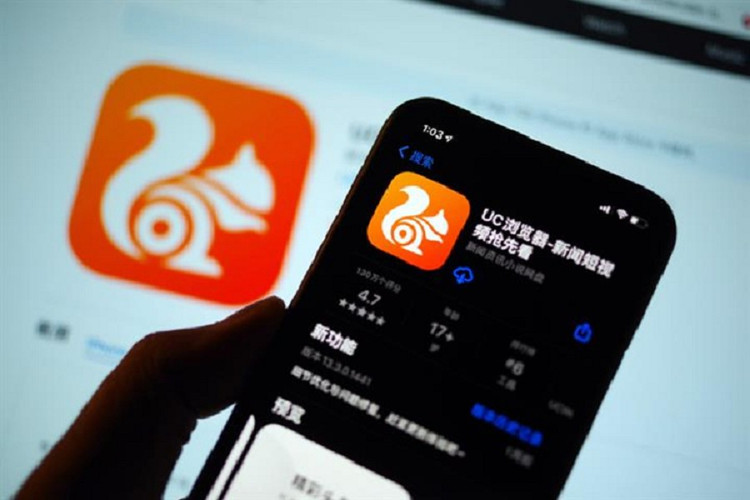
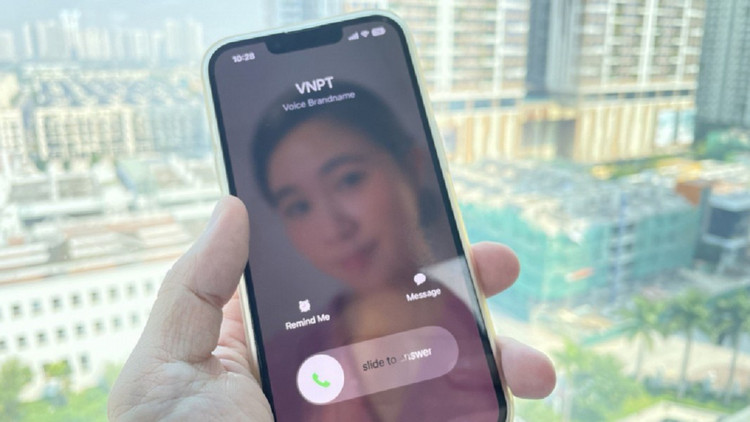




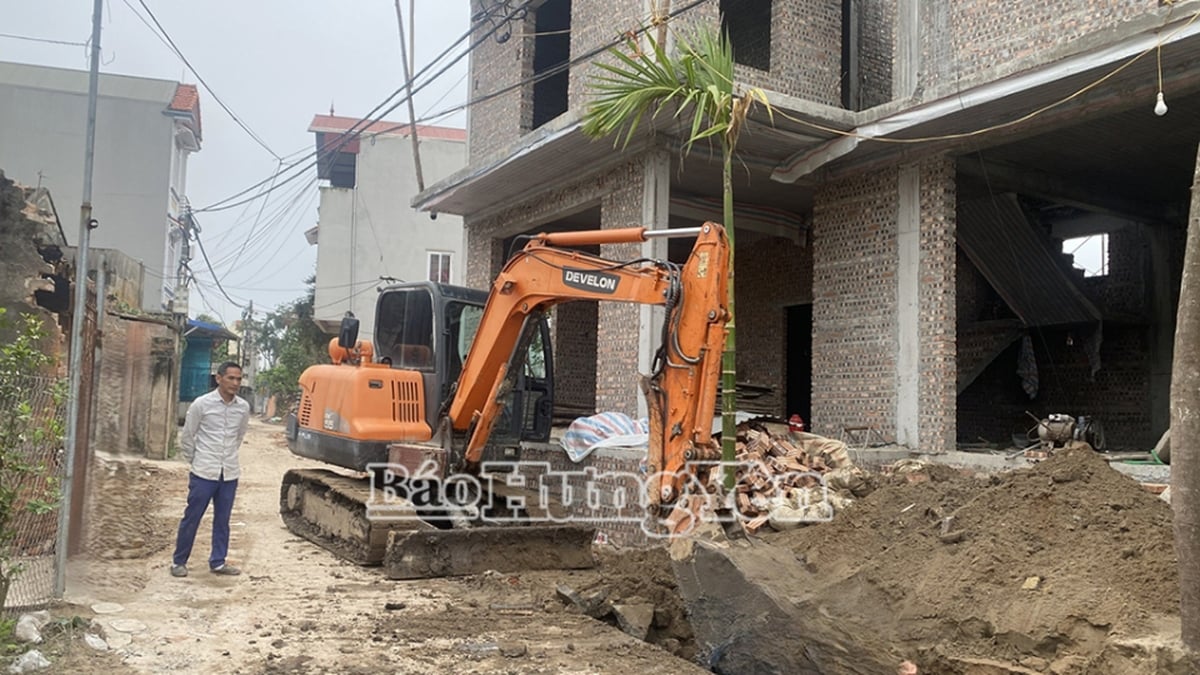





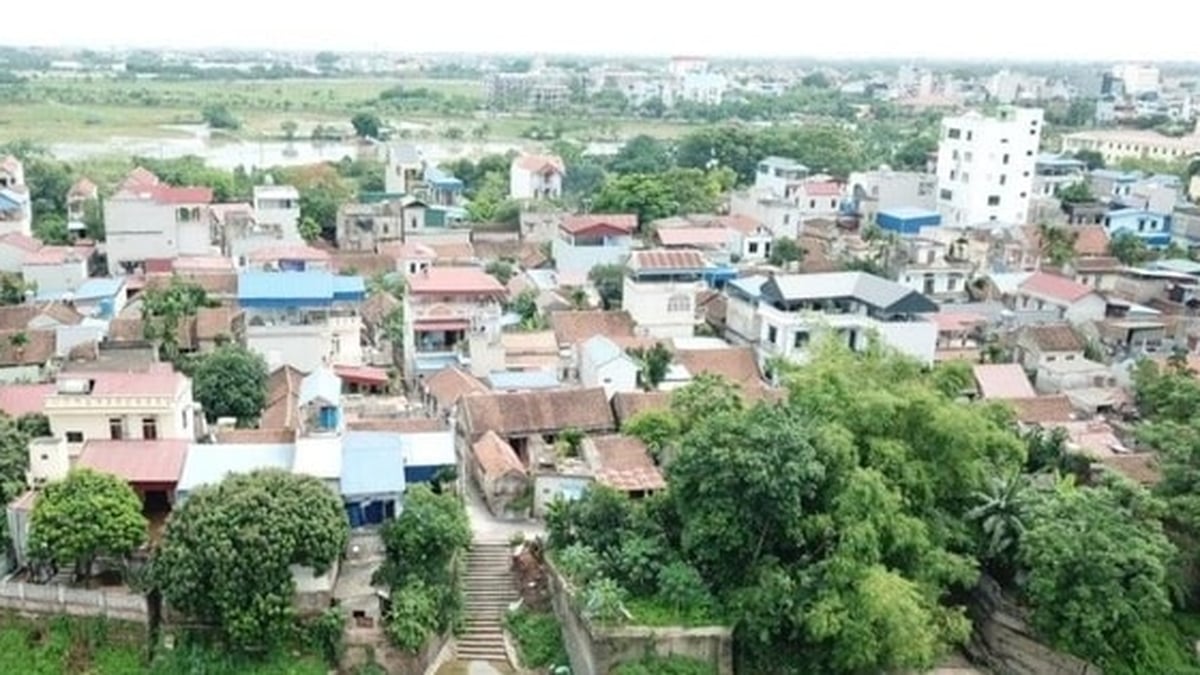













































![[Maritime News] Treasury Department Targets Diverse Networks Facilitating Iran's Oil Trade](https://vphoto.vietnam.vn/thumb/402x226/vietnam/resource/IMAGE/2025/7/14/43150a0498234eeb8b127905d27f00b6)














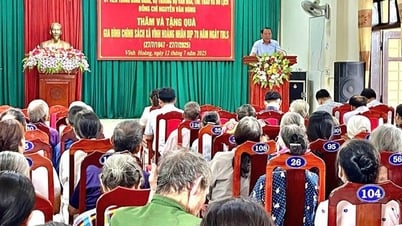



























Comment (0)